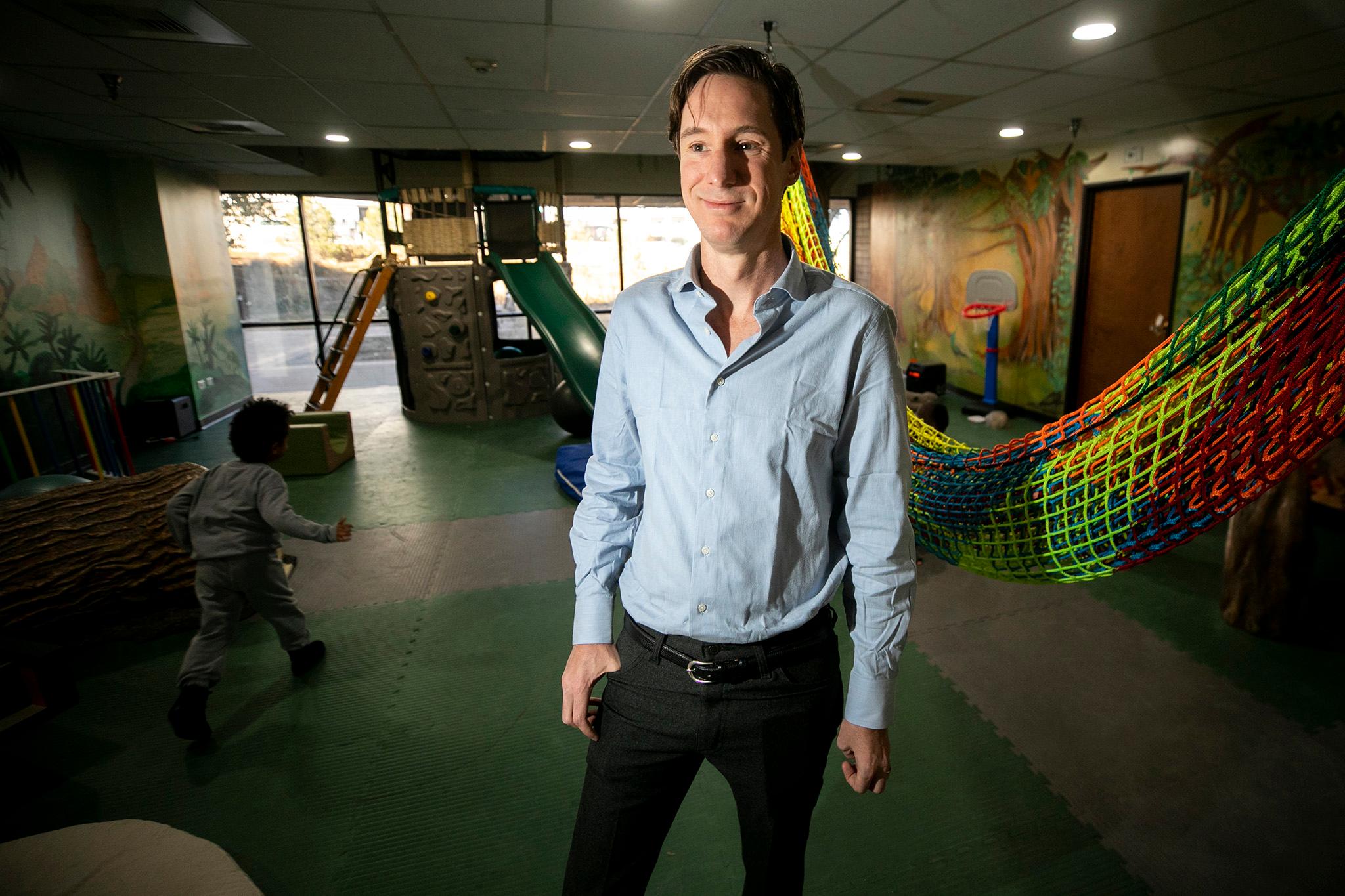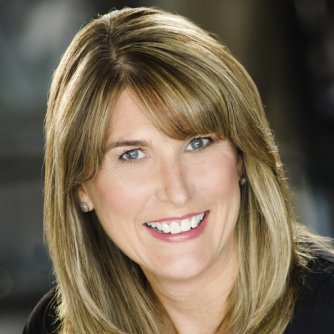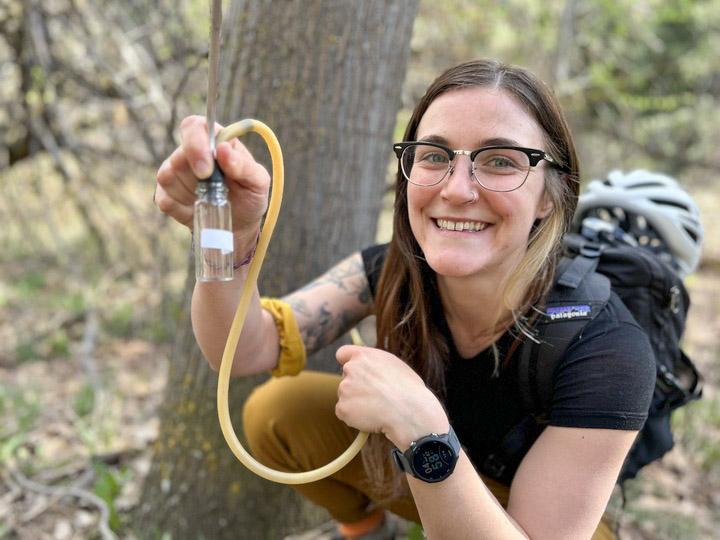
Dozens of listeners flocked into the Joint Budget Committee’s chamber Tuesday to hear the Colorado Department of Healthcare Policy and Financing deliver what could’ve been a lifeline for struggling autism care providers.
Clinicians, parents, and advocates were hoping for good news — for months, even years, groups have raised alarms over what they describe as low and restrictive Medicaid reimbursement rates. Several providers have blamed Medicaid, which is managed by the Department of Healthcare Policy and Financing, or HCPF, for financial issues and clinic closures, which have affected the families of autistic children they serve.
Supporters of a rate increase who attended the presentation Tuesday left disappointed, however.
HCPF’s latest recommendations virtually matched its initial 2023 analysis and recommendations. The department asked for about $13 million to help boost reimbursement rates for clinics that provide pediatric behavioral therapy, the most common form of care for young people with autism.
That figure is about a third of what was recommended by the Medicaid Provider Rate Review Advisory Committee, or MPPRAC, a group appointed by the state legislature whose job is to advise HCPF on how to manage Medicaid rates. MPPRAC’s analysis of pediatric behavioral therapy rates found the state meets about 78 percent of the benchmark set by 10 comparable states, and advised that about $35 million would be needed to match those standards.
HCPF argued that MPPRAC’s analysis included an extreme outlier state, Nebraska, which has higher rates than the other nine states included in the benchmark study. Without Nebraska as a point of comparison, Colorado Medicaid pays about 91 percent of the benchmark.
Will Martin, a therapist at SOAR Autism Center, said he was confused by the disparity between the department and the committee.
“I think that by taking out the higher states and the rates that are higher, but not really adjusting any of the lower ones, they're not looking at the full picture, it's not really an adequate way to go about making a budget,” Martin said.
J.J. Tomash, the founder of Aurora autism care clinic BehaviorSpan, said he was dismayed by HCPF’s budget request.
“It's not going to keep companies from leaving Colorado,” he said. “I know of several that are thinking about it and they're not getting more encouraged as the days go by.”
Others in the audience said they were concerned with comments made by Kim Bimestefer, executive director of HCPF. She said rate increases won’t necessarily fix workforce issues among private equity-funded clinics.
“The requirements for profits of private equity is that 15, 20 and 30 percent return every year, getting your money doubled in four to seven years,” Bimestefer told the Joint Budget Committee. “That economic model cannot be supported through Medicaid increases in reimbursements.”
Later, Bimestefer said their focus is to protect and maintain the non-private-equity workforce.
“We've had a huge turnover in nursing homes, but we were focused on maintaining the passionate workforce,” she said. “And so we might have a change in the ownership and we have to preserve and drive that workforce who were the passionate individuals taking care of the children with autism and supporting the families and then building the whole benefit to be able to do that.”
Tomash said passion won’t solve the issues his clinic and others are facing. He said BehaviorSpan has lost employees to retail and food jobs and is unable to expand staffing to ease burnout.
“Companies that are going out of business have passion. Passion isn't what's on the table,” he said. “What's on the table is, are we going to be here in a year?”
Members of the bipartisan Joint Budget Committee appeared to share Tomash’s concerns. Republican State Sen. Barbara Kirkmeyer questioned the relationship between HCPF and MPPRAC.
“I'm wondering why we even have the MPPRAC if you're not going to follow their recommendations?” she said.
Legislators praised a proposal to expand eligibility for Child Health Plan Plus, the state’s public, low-cost health insurance for certain children and pregnant women. The change would provide a support avenue for autistic children who lost Medicaid eligibility once COVID-19 provisions ended this spring.
However, the lawmakers questioned whether they’d be truly serving those children fully if autism care providers were unable to find sustainable revenue help going forward.
“It's kind of like providing syrup, which is great, but if we have no pancakes to put the syrup on, it's a problem, right?” asked Rep. Shannon Bird.
If HCPF’s $13 million request is approved by the Joint Budget Committee, providers will see small rate adjustments in July 2024.









